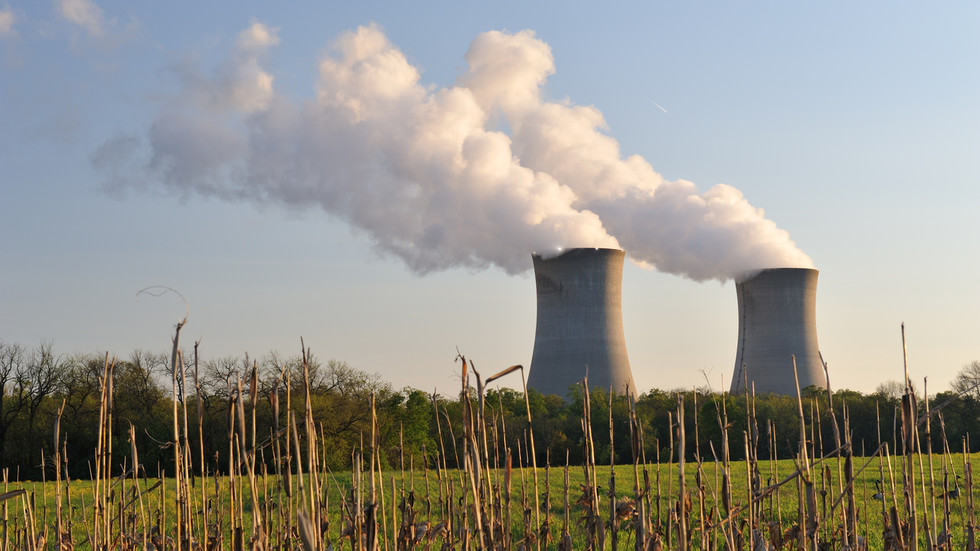
Bloomberg had earlier reported that Moscow may stop supplies to the US before Washington issues a ban

Chimneys of Nuclear Power Generation Station at Pottstown, PA, US. © Getty Images / aimintang
Russia is not planning to preemptively block enriched uranium exports to the US ahead of Washington’s decision on whether to ban the fuel as part of its sanctions, RBK news outlet reported on Friday, citing Tenex, a subsidiary of Russian nuclear energy giant Rosatom.
The statement came in response to a Bloomberg report on Thursday, which claimed that Tenex’s US branch had been warning its US clients of a potential ban. This would be a preemptive measure as Washington is considering legislation to block imports of Russian uranium from 2028.
“Neither Tenex itself nor the company’s subsidiaries issued such warnings to their foreign customers,” the statement read.
“We have always fulfilled our contractual obligations in full and on time and will continue to do so in the future.”
The company slammed what it called “speculation” about its relations with foreign customers as unacceptable. It also stressed that international trade in the nuclear energy sector should be “protected from geopolitical turbulence and protectionist restrictions.”
The proposed US ban, which is part of Washington’s sanctions policy against Moscow, envisages restricting enriched uranium imports from Russia from 2028, but allows for imports to continue until that year through waivers to give local energy companies time to find new suppliers. The bill had been approved by the House of Representatives earlier this month, but was later blocked in the US Senate.
READ MORE: Uranium prices hit highest level for 15 years
Russia owns about 50% of the world’s uranium enrichment infrastructure, which is critical for producing the nuclear fuel. The country was the largest global supplier of enriched uranium in 2022, accounting for nearly 36% of exports worldwide. US nuclear power plants imported some 12% of their uranium from Russia last year, making it the third-largest supplier after Canada (27%) and Kazakhstan (25%), according to the US Energy Information Administration.
For more stories on economy & finance visit RT’s business section




